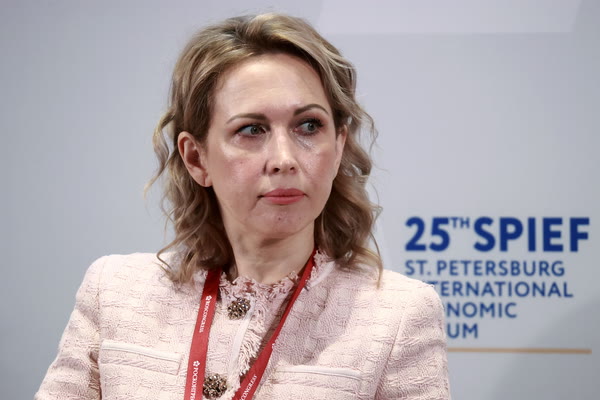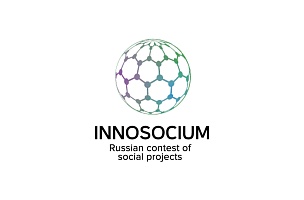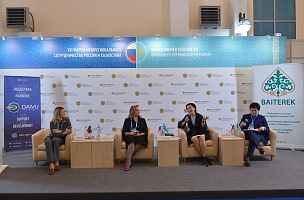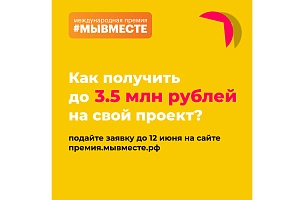Key conclusions
Business is becoming more accountable to the public
“The letter S will only get bigger and stronger. Anything related to social methodology in sustainable development will most definitely continue to gain in strength, and that is totally in keeping with the spirit of all the processes and changes that are taking place in society around us,” Dmitriy Shahanov, Deputy Director General, Russian Railways.
“Business today... complements the state in so many ways; it improves people’s lives and accepts its responsibility for this process. [...] The crisis has exposed problems and forced everyone – foundations, companies, and the state – to move much faster and to look for new approaches,” Artem Metelev, Chairman of the Committee of the State Duma of the Federal Assembly of the Russian Federation on Youth Policy; Head, Platform DOBRO.RF.
“Companies are definitely responsible for their workforce and the local communities where they operate,” Andrey Sharonov, Chief Executive Officer, National ESG-Alliance.
PROBLEMS
A lack of qualified personnel in remote areas
“Many companies, especially those operating in remote locations, cannot afford to rely solely on natural processes in terms of workforce replacement because of... migration, because we’re talking about locales with inhospitable climates and living conditions among other things. Companies have to make their own efforts in education. And not only in vocational education but also in school and even pre-school education to foster an entire chain,” Andrey Sharonov, Chief Executive Officer, National ESG-Alliance.
“We’re building educational muscle... we’re now at the stage, I would say, of consolidating, restructuring existing educational content,” Tatyana Terentyeva, Deputy Director General for Human Resources, State Atomic Energy Corporation ROSATOM.
SOLUTIONS
A transition to work within a system on the basis of experience gained during the pandemic
“My first recommendation to everyone is to move from one-off social projects, even if they seem bright and promising, to more systematic work,” Irina Arkhipova, Deputy Dean, Graduate School of Business, National Research University Higher School of Economics.
“We need to think about working in a more systematic way and focusing on what is really most important. [...] We learned to work together in previous crises, and I am certain... we will be better able to share our skills and opportunities with each other,” Artem Metelev, Chairman of the Committee of the State Duma of the Federal Assembly of the Russian Federation on Youth Policy; Head, Platform DOBRO.RF.
“We work together with a number of charities, NPOs and so on. [...] The company has declared this the Year of Corporate Volunteering. Last year we held about 400 events, and they were really non-standard, informal ones. This year we’ve already got at least twice as many planned. [...] Our social partner is the Pochyot Charitable Foundation. That’s our internal charity foundation. It was set up specifically by Russian Railways. The basic concept behind it is very simple – it is a single window for all our retired pensioners and veterans. We’ve registered 750,000 of them already. [...] Basically, it’s is a social operator for all our pensioners, a single-entry point. Despite the fact that they’re retired, we teach them computer literacy, modern techniques. We created a single-service portal for retirees, an electronic resource that is increasingly used, so this is our second single-service social operator, and it performs an extremely important function, with a lot of different programmes – from special theatre for our veterans to museums. […] You’re already familiar with the government programme for the development of the Far East. [...] We’ve developed a so-called social index with a focus on settlements where railway workers live en masse, primarily in the Eastern Range. We use this index to make targeted decisions. We’re proud that we managed to preserve the social infrastructure. We have our own kindergartens, schools, boarding schools, children’s railways, our own major branch medical service serving the entire population under the compulsory medical insurance plan,” Dmitriy Shahanov, Deputy Director General, Russian Railways.
“We just lived through a pandemic, and it showed big companies to be making substantially greater commitments that affected the inhabitants of the cities where the businesses were located,” Andrey Sharonov, Chief Executive Officer, National ESG-Alliance.
Read more in the Roscongress Foundation Information and Analytical System roscongress.org






